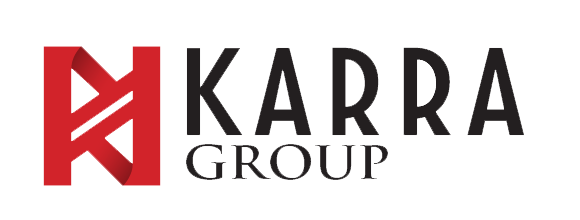Forex Trading vs Stock Trading: The Ultimate Showdown
When it comes to trading in financial markets, two of the most popular avenues are forex trading and stock trading. Each has its unique features, benefits, and challenges. In this comprehensive guide, we will delve into the key differences between these two types of trading, helping you make an informed decision on which might suit your trading style better. For a start, check out forex trading vs stock trading Top Trading Platforms to enhance your trading experience.
Understanding Forex Trading
Forex trading, or foreign exchange trading, involves the buying and selling of currencies in the foreign exchange market. With a daily trading volume that exceeds $6 trillion, forex is the largest financial market globally. The main participants in this market include banks, financial institutions, corporations, and individual traders. The primary goal is to profit from the fluctuations in currency exchange rates.
Pros of Forex Trading
- Liquidity: The forex market is incredibly liquid, meaning you can buy and sell currencies without experiencing significant price shifts.
- 24/5 Market: The forex market operates 24 hours a day, five days a week, allowing for greater flexibility in trading.
- Leverage: Forex trading often allows for higher leverage ratios, meaning traders can control larger positions with a smaller amount of capital.
- Low Transaction Costs: Typically, forex trading has lower transaction costs compared to stock trading, making it more accessible for smaller traders.
Cons of Forex Trading
- Higher Risk: The potential for significant gains can also mean the potential for substantial losses, especially when using leverage.
- Complexity: The forex market may seem more complex compared to stock trading due to varying factors that influence currency values, such as economic indicators, geopolitical events, and interest rates.
Understanding Stock Trading
Stock trading involves buying and selling shares of publicly traded companies. The stock market operates through various exchanges, such as the New York Stock Exchange (NYSE) and the National Association of Securities Dealers Automated Quotations (NASDAQ). Traders can make profits through appreciation of stock prices and dividends issued by the companies.
Pros of Stock Trading

- Ownership: When you purchase stocks, you own a piece of the company, potentially providing you with dividends and voting rights.
- Established Market: The stock market has a long history and a wealth of resources for research, analysis, and education.
- Less Volatility: Stocks can be less volatile than currencies most of the time, although this is not universally applicable.
- Variety of Choices: The stock market offers a wide range of industries and companies, allowing for diverse investment opportunities.
Cons of Stock Trading
- Market Hours: Stock trading is limited to specific hours on trading days, which can restrict flexibility for traders in different time zones.
- Emotional Trading: The potential for fear and greed can lead to erratic trading behavior as markets fluctuate.
Key Differences Between Forex and Stock Trading
While both forex trading and stock trading offer opportunities for profit, they are fundamentally different in several ways:
- Market Size: Forex is the largest financial market, whereas stock trading occurs within the confines of various stock exchanges.
- Trading Hours: The forex market is open 24 hours a day, whereas stock markets have set hours for trading.
- Leverage: Forex often provides higher leverage options than stocks, which can amplify both risks and rewards.
- Complexity: Many factors affect currency values, making forex trading potentially more complex than stock trading.
- Ownership: Buying stocks means you own shares of a company; forex trading is purely transactional with no ownership stake in currencies.
Which Is Right for You?
The choice between forex trading and stock trading largely depends on your trading style, risk appetite, and personal preferences. If you prefer the flexibility of trading at any time and are ready to manage higher risks, forex trading might be more suitable. Alternatively, if you value owning a piece of a company and prefer a more established market with diverse investment opportunities, stock trading may be the better option.
Conclusion
Both forex trading and stock trading offer unique opportunities and challenges. Understanding the differences and dynamics of each market is essential for making an informed decision on where to invest your time and money. Regardless of your choice, conducting thorough research, utilizing effective strategies, and maintaining a disciplined approach are keys to success in either trading environment.
In conclusion, the world of trading is vast, and whether you choose to trade currencies or stocks, opportunities are plentiful. Consider starting with Top Trading Platforms to enhance your trading experience and develop your skills effectively.

